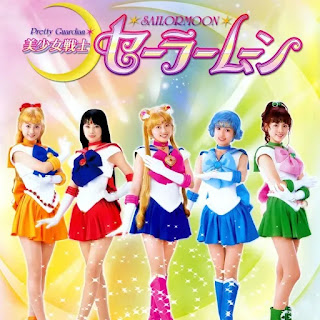Silent Love Formulaic romance strains credulity
Star-crossed romance has long been a staple in Japanese cinema, though medical catastrophe, more than a disapproving society or opposing parents, has become a common force tearing lovers apart in contemporary films. This does not always mean a tragic finale: In Takahisa Zeze’s 2017 hit “The 8-Year Engagement,” the heroine recovers from a long coma to wed her devoted fiancee.
Eiji Uchida’s “Silent Love” adds a twist to this staple trope — both principals are afflicted with disabling conditions: Mika (Minami Hamabe) is an aspiring pianist who was blinded in a traffic accident, and Aoi (Ryosuke Yamada), a custodian at Mika’s music college, is mute from a wound incurred in a street brawl.
Based on Uchida’s original script, the film is a full-throated melodrama like his 2020 “Midnight Swan,” a box-office smash that won a pile of awards in Japan. But while the earlier film said something true about the marginalization of LGBTQ+ people in Japanese society, the new one feels antiquated and artificial, devolving into cliched action that seems to belong in another movie.
Also, Uchida’s two leads — unknowns compared to “Midnight Swan” star Tsuyoshi Kusanagi, a former member of the J-pop mega-group SMAP — don’t add much depth or nuance to their stereotypical characters. Not that actors even better than Kusanagi, who won prizes for his hammy turn as a transgender entertainer, could have transcended the formulaic script.
The story begins with Aoi stopping Mika from flinging herself off a rooftop in despair. Distraught, she doesn’t thank him for saving her life, and, unable to speak, he can’t greet her when he sees her later on campus. Instead, he becomes her silent protector, helper and, if you view his infatuation negatively, stalker.
Soon enough, they establish a fragile channel of communication with the aid of a small bell Mika dropped on the rooftop and later recognizes when Aoi rings it. Noticing that she wants to practice on a piano in a room off-limits to students, Aoi finds the key, opens the door and escorts Mika in. Although he delights in her performance, she is dissatisfied since her hand was injured in the accident.
Then, she asks him to play for her, mistaking him for another piano student. Eager to please, he comes up with a subterfuge: Ask a handsome and arrogant piano virtuoso, Kitamura (Shuhei Nomura), to be his stand-in. Kitamura agrees to play for pay as he is dangerously indebted to an underworld casino, but his fee forces the already cash-strapped Aoi deeper into poverty.
At this point, I was expecting an ironic O.-Henry-like twist — think “The Gift of the Magi” transposed to modern-day Japan — but the plot instead drags in gangsters, metal objects wielded as deadly weapons and other elements that take “Silent Love” into a noisy, violent manga-esque place indeed.
This turn of events is not unexpected — we see early on that the hot-tempered, working-class Aoi can hold his own in a fight — but it leads to developments that strain credulity. And the privileged Mika fails to make an obvious moral choice I won’t detail.
O. Henry, who honed his storytelling technique while serving time for embezzlement in the Ohio State Penitentiary, would have created a more self-sacrificing and sympathetic heroine. In “Gift of the Magi,” Della cuts her magnificent hair to buy a present for her beloved; Mika would have sent him a ¥500 Amazon gift certificate.




Komentar
Posting Komentar